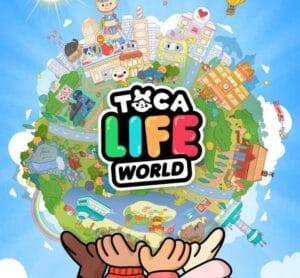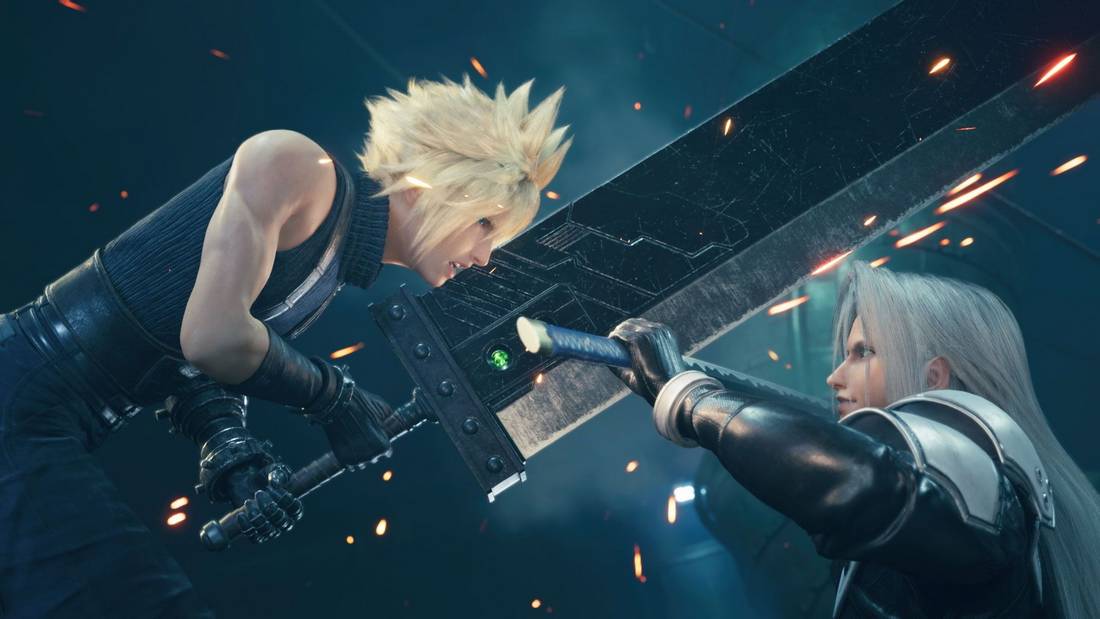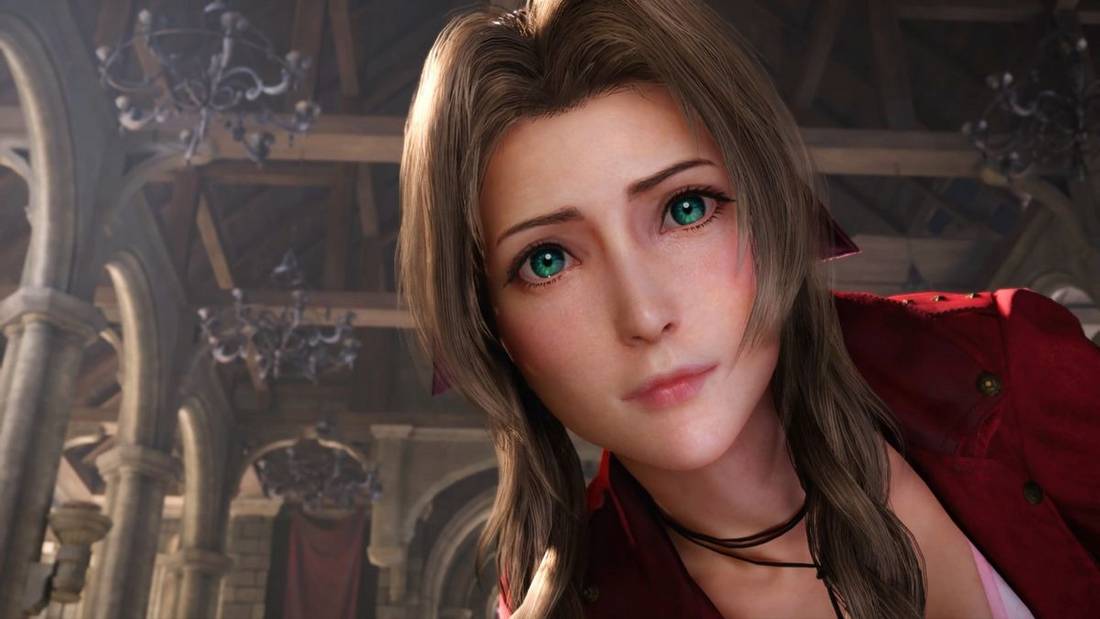The ‘Sacrilege’ of Choice: Final Fantasy VII Remake’s New God Mode Sparks Internal and Community Debate
Popular Now
 Valorant
Valorant
 Fortnite
Fortnite
 Genshin Impact
Genshin Impact
 Call of Duty
Call of Duty
 EA SPORT FC 25
EA SPORT FC 25
 Toca Boca World
Toca Boca World
 CarX Street
CarX Street
 PUBG Mobile
PUBG Mobile
 Schedule I
Schedule I
 Grand Theft Auto V
Grand Theft Auto V 
In a move that challenges decades of JRPG design philosophy, Square Enix is introducing a comprehensive “cheat mode,” officially termed Streamlined Progression, to an upcoming version of Final Fantasy VII Remake Intergrade. This decision, championed by co-director Naoki Hamaguchi, has generated intense internal controversy and passionate debate across the global gaming community, highlighting a fundamental schism in how players value challenge versus accessibility in modern video games.
The core of the new feature, which is set to launch alongside the Switch 2 and Xbox ports in January 2026 and arrive via an update for PS5 and PC, essentially offers an ultimate god mode. It allows players to toggle options that completely negate the traditional progression and difficulty of the acclaimed action RPG.
- Constant Max HP: Grants invincibility, making the player immune to all damage, including instant-death attacks.
- Constant Max Damage: Sets attack values to a permanent 9999, effectively ensuring one-hit eliminations for most enemies.
- Unlimited MP and Max Gauges: Keeps Magic Points, ATB (Active Time Battle) bars, and Limit Breaks permanently maxed out.
By enabling these features, Hamaguchi estimates players can rush through the primary narrative in as little as 7 to 10 hours, dramatically reducing the original’s 40-50 hour playtime. This focus on speed and story access is a key part of the director’s rationale for the new feature implementation.
 Director’s Vision: Accessibility as a Digital-Age Imperative
Director’s Vision: Accessibility as a Digital-Age Imperative
Co-director Naoki Hamaguchi has taken a firm and public stance on the feature, acknowledging the internal “sacrilegious” backlash from within Square Enix while defending the change as an imperative for the modern digital era. Hamaguchi argues that in a world dominated by flexible entertainment consumption, players should have choice in how they experience content.
In a candid interview, he cited personal experience, noting, “Personally, I like to try many different games just to keep myself up to date, but I don’t really have the time.” This desire to cover more ground with limited time is the driving force behind his push for Streamlined Progression, framing it as a type of debug function made available to the general public. His motivation stems from a desire to make the Final Fantasy saga accessible to new players looking to catch up before the final installment of the trilogy, or for returning veterans seeking a quick story recap.
However, the nuance of the debate centers on the concept of value. For purists, overcoming the game’s notoriously challenging hard difficulty and mastering its deep battle system is what gives the story weight. The reward of progression, the grind for Materia, and the tactical complexity of boss fights are considered integral to the role-playing game experience. Removing this challenge, they argue, cheapens the “achievement” of completing the game.
This discussion also touches on the high CPC keywords relevant to this space. Search terms like Final Fantasy VII Remake cheats, JRPG difficulty discourse, gaming accessibility options, and new Square Enix update are all highly valuable, as they capture a wide audience interested in both the moral debate and practical application of the new setting.
 The SEO and Industry Context: A Calculated Risk for Catch-Up
The SEO and Industry Context: A Calculated Risk for Catch-Up
From an industry and Search Engine Optimization perspective, the timing of this announcement is a calculated move. With the trilogy’s third and final part in development, making the first two installments easily digestible becomes a critical player retention strategy. The Streamlined Progression mode acts as a powerful incentive for lapsed fans and newcomers who might be daunted by the required time investment of a typical JRPG. This effectively expands the potential market for the upcoming sequel.
The controversy itself is a powerful traffic driver. Articles and videos using keywords like Final Fantasy Remake god mode controversy, director defends easy mode, and FF7 Remake speedrun mode benefit from the high engagement rates associated with intense gaming debates. Furthermore, the inclusion of the feature on upcoming console platforms—Switch 2 and Xbox—naturally aligns the content with highly searched terms like new console games and multiplatform releases, which carry a high Cost Per Click (CPC) value for advertisers.
Ultimately, while Hamaguchi stands by his philosophy that “the player should have the choice,” the feature’s exclusion from the eventual Part 3 launch suggests a clear line: the developer prioritizes the integrity of the first-time experience for a brand-new title, but is willing to compromise on that integrity for the sake of trilogy catch-up and broader game accessibility in older entries.









 Director’s Vision: Accessibility as a Digital-Age Imperative
Director’s Vision: Accessibility as a Digital-Age Imperative The SEO and Industry Context: A Calculated Risk for Catch-Up
The SEO and Industry Context: A Calculated Risk for Catch-Up